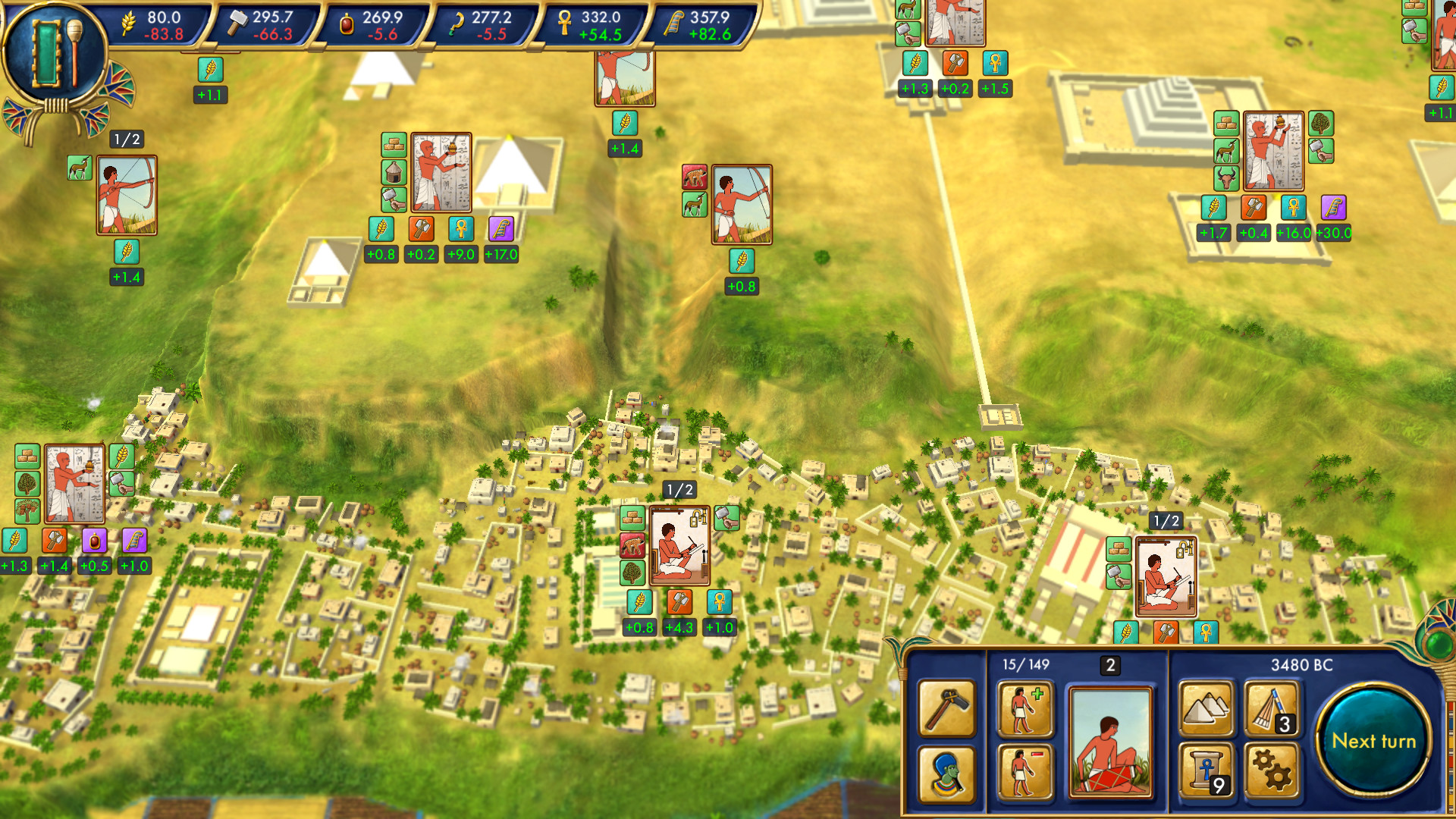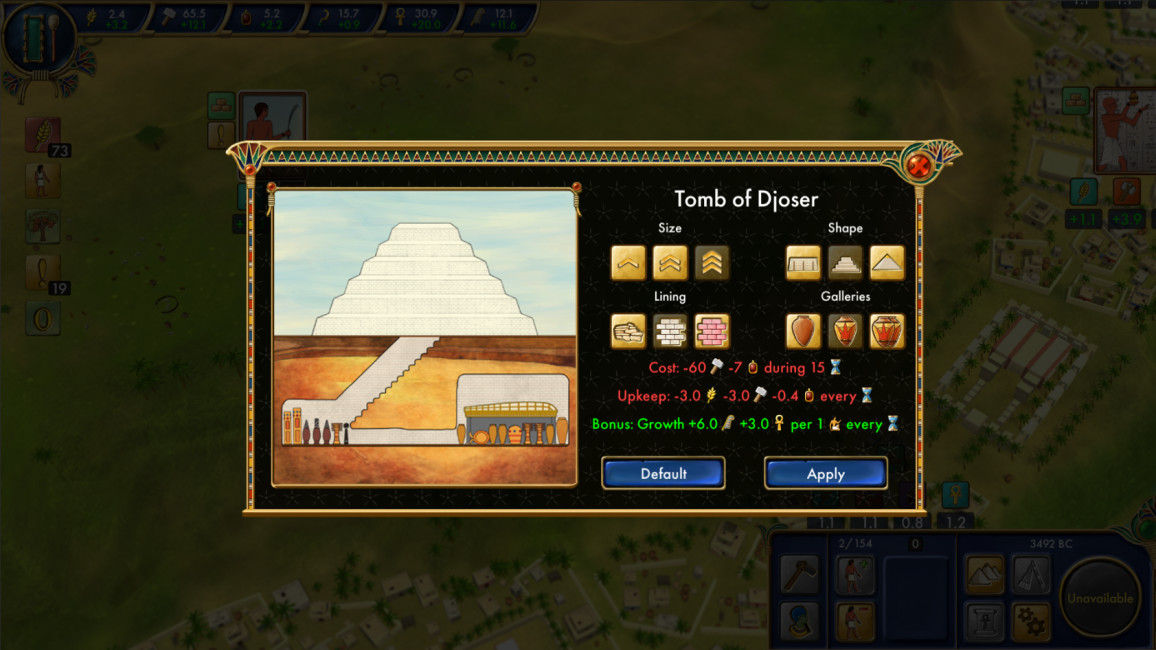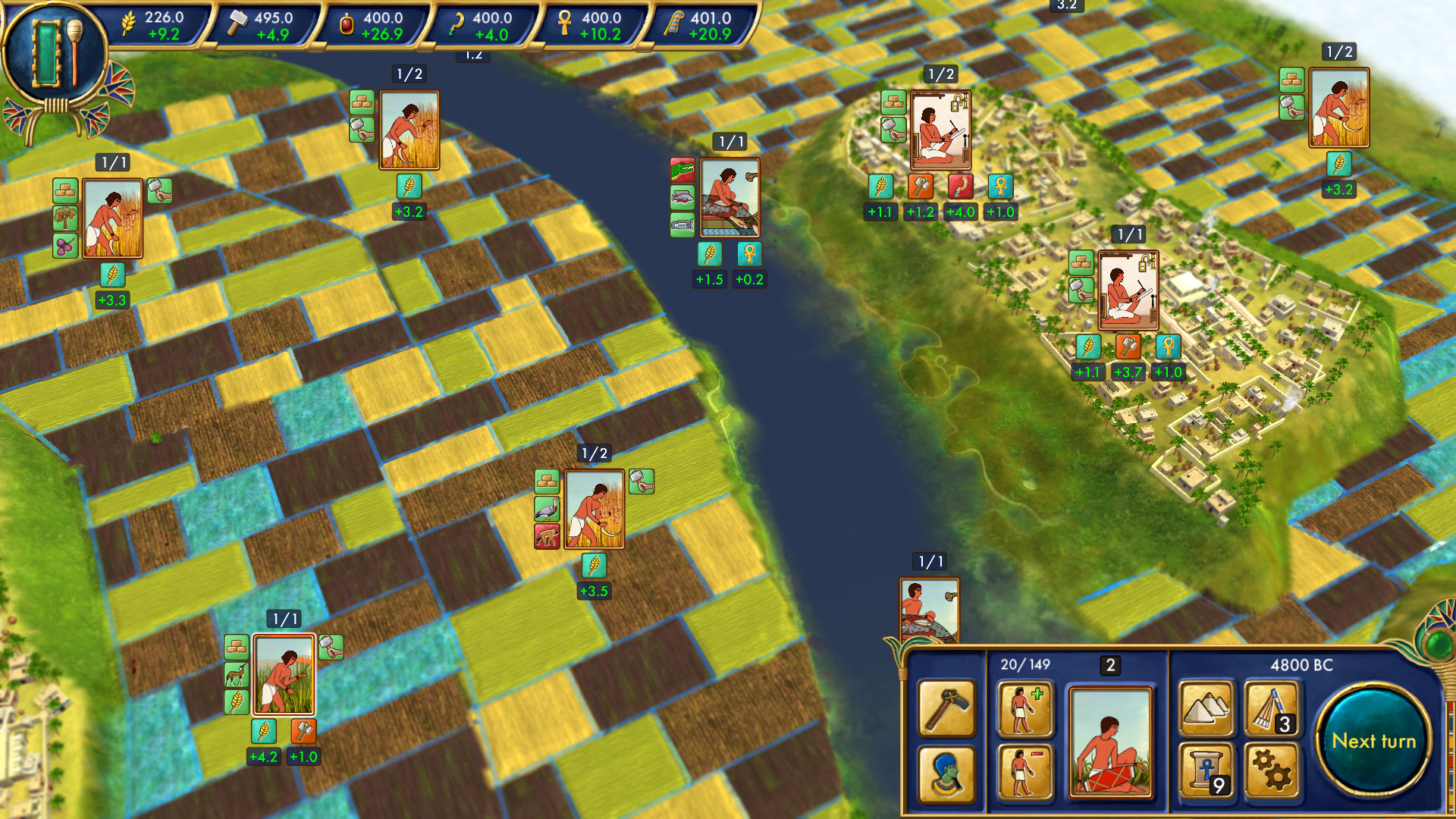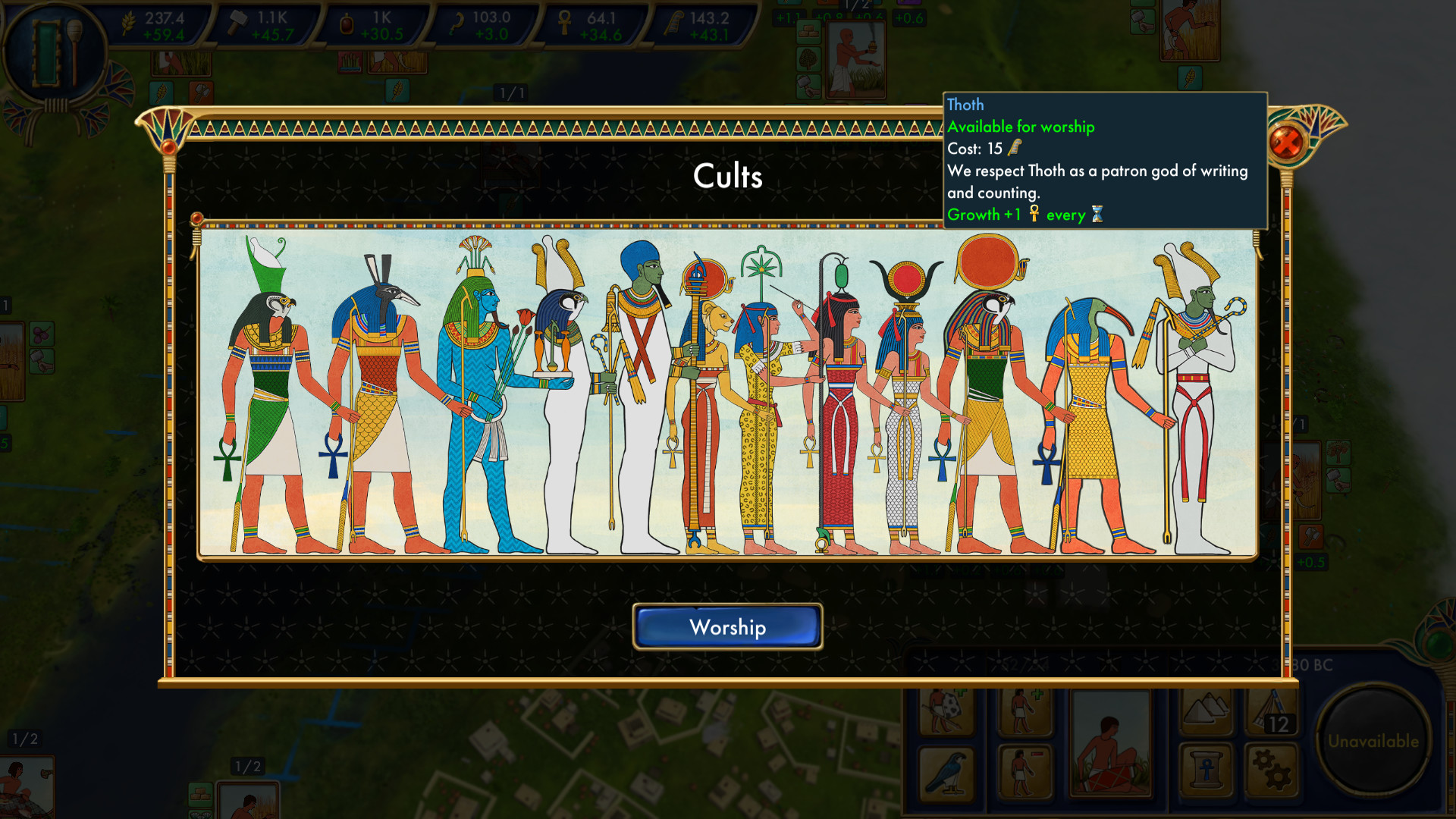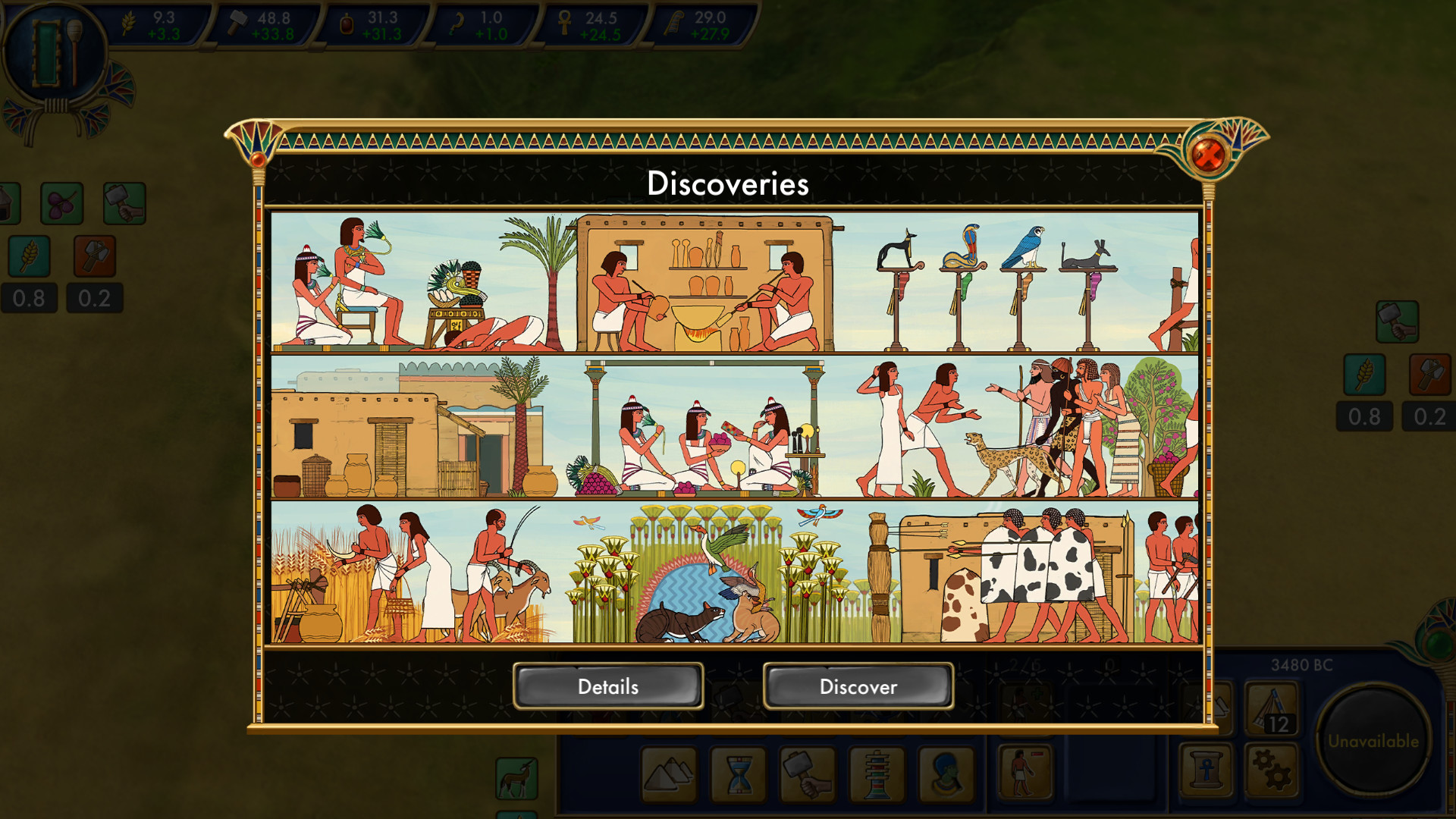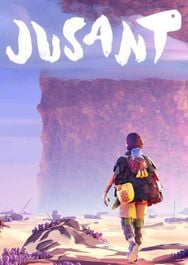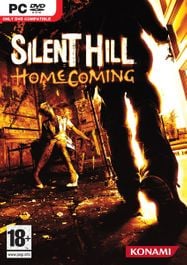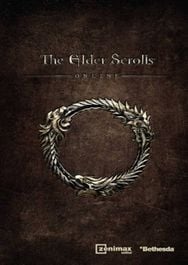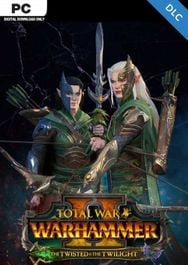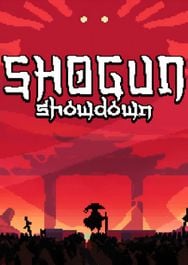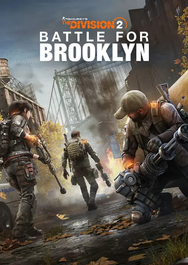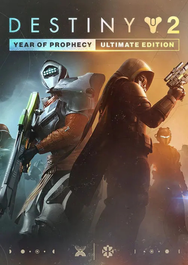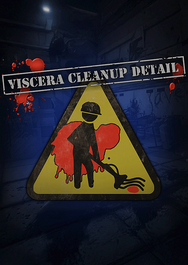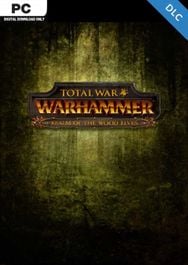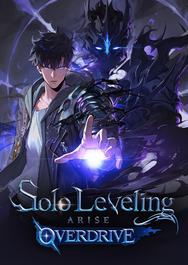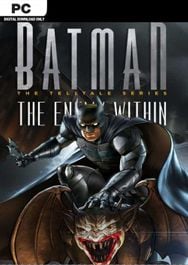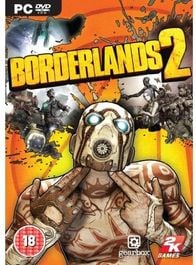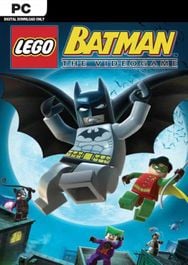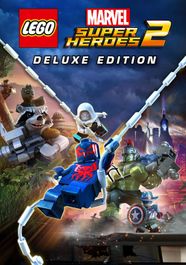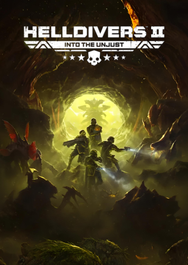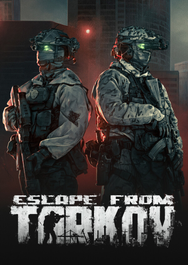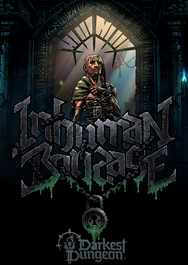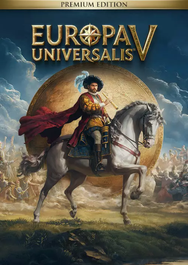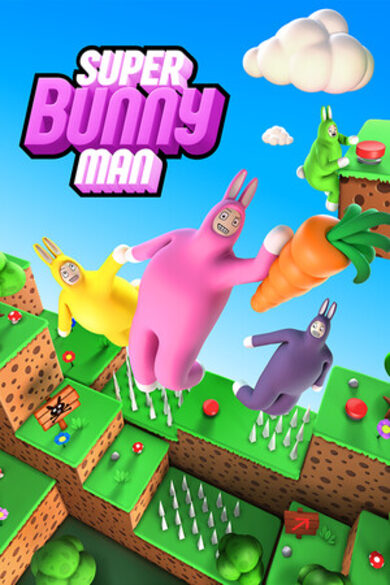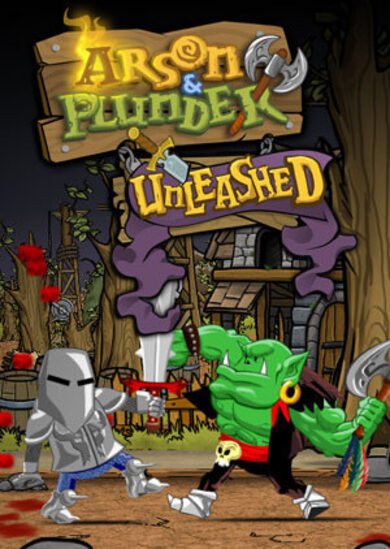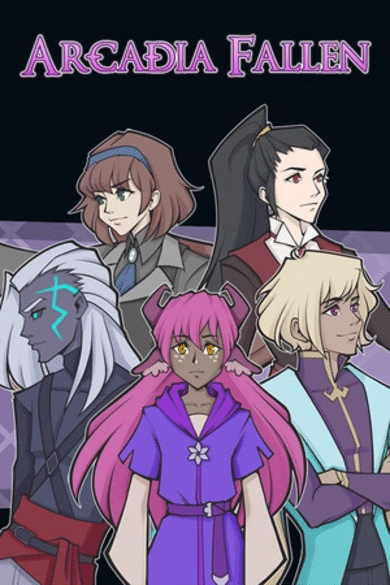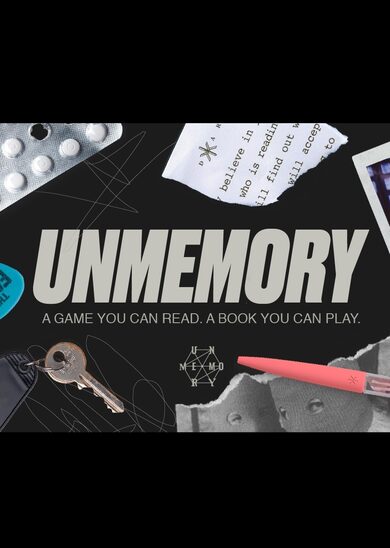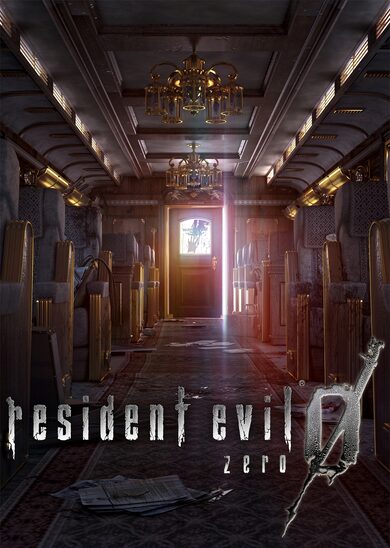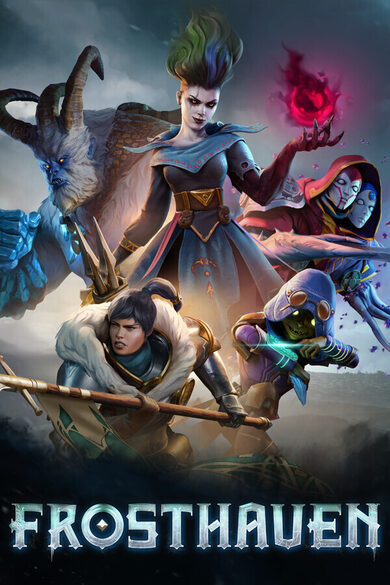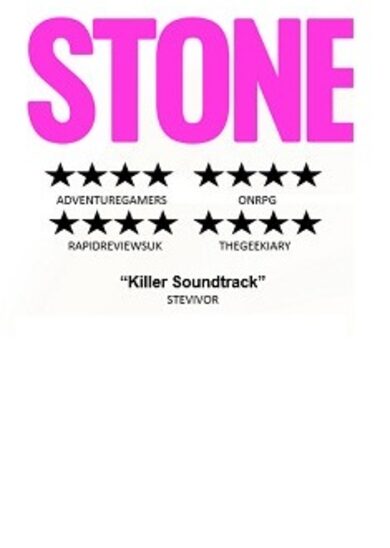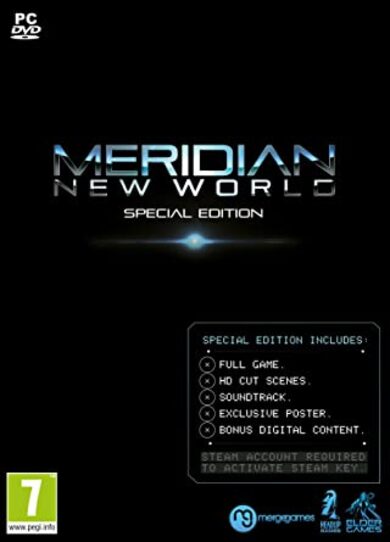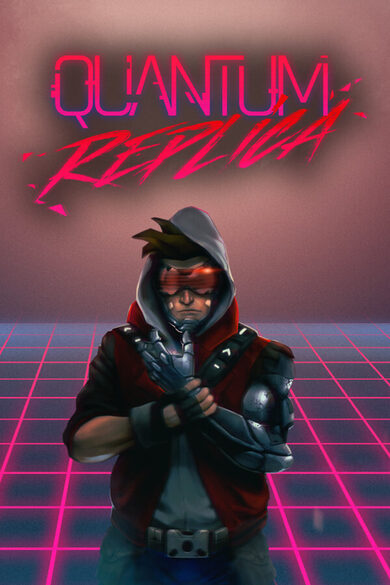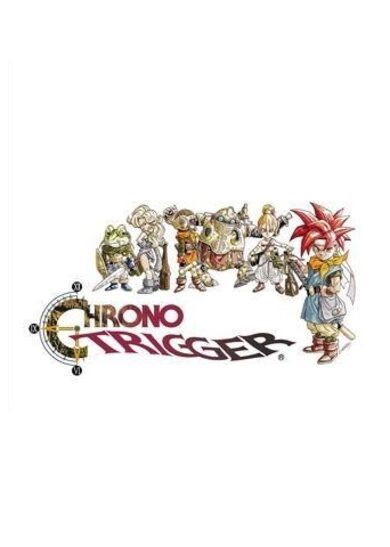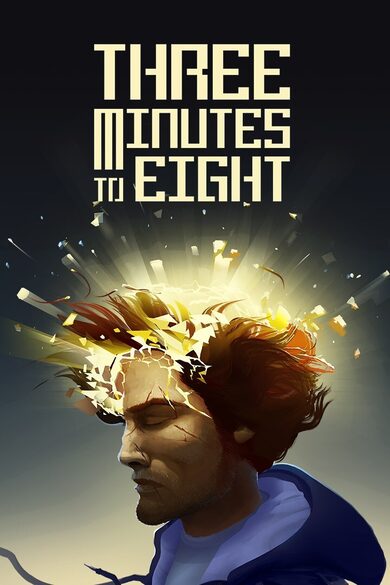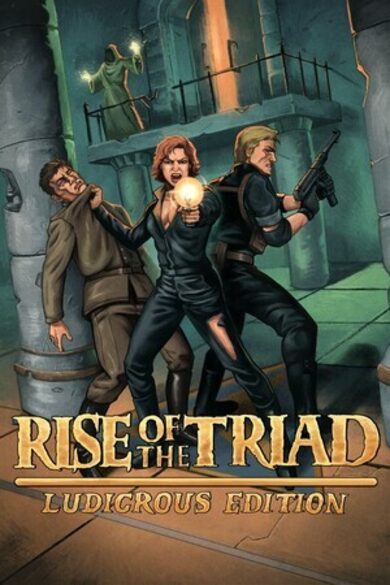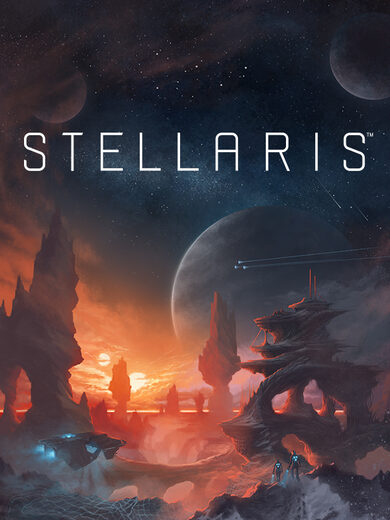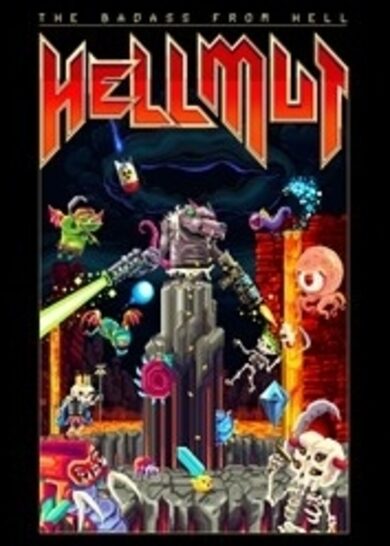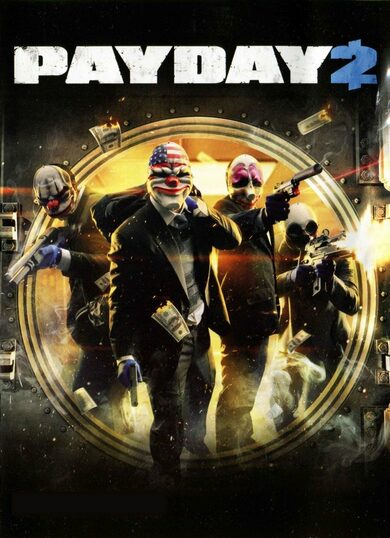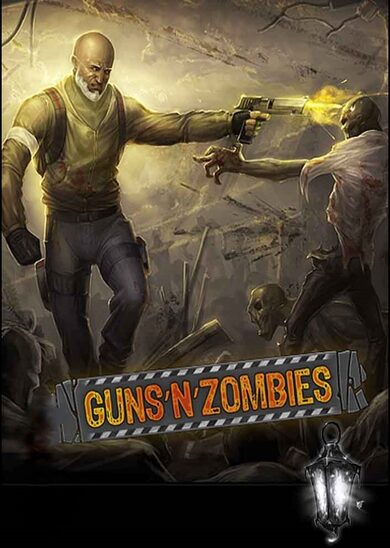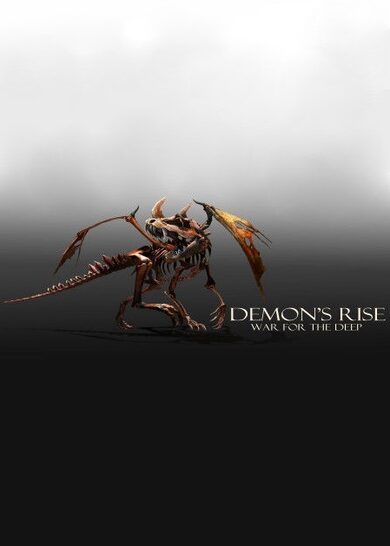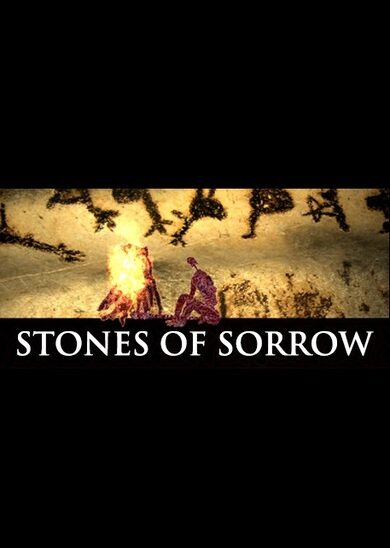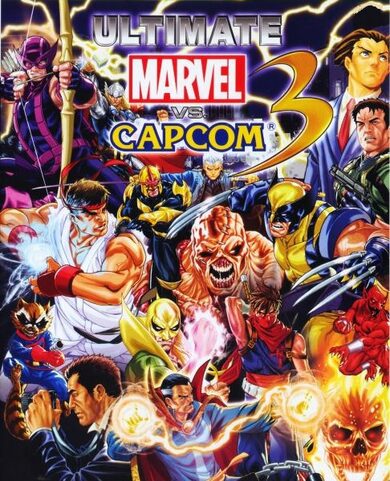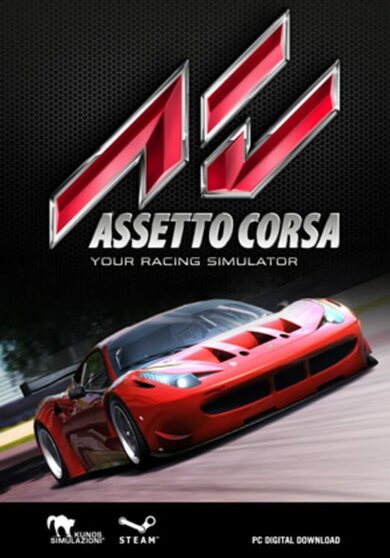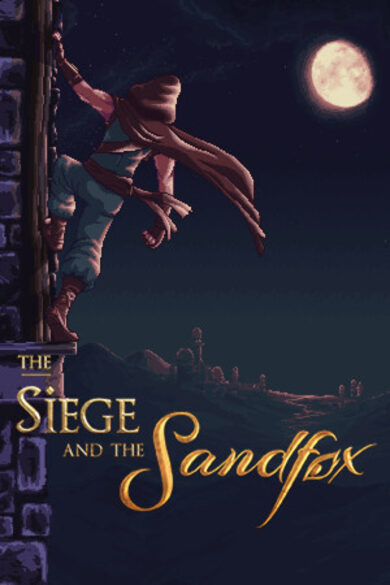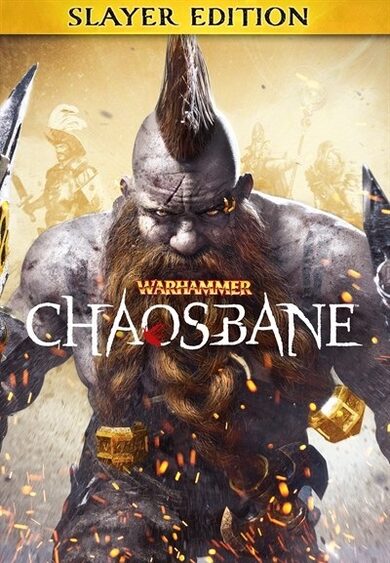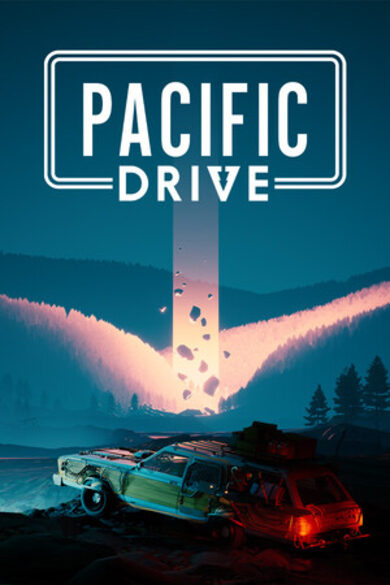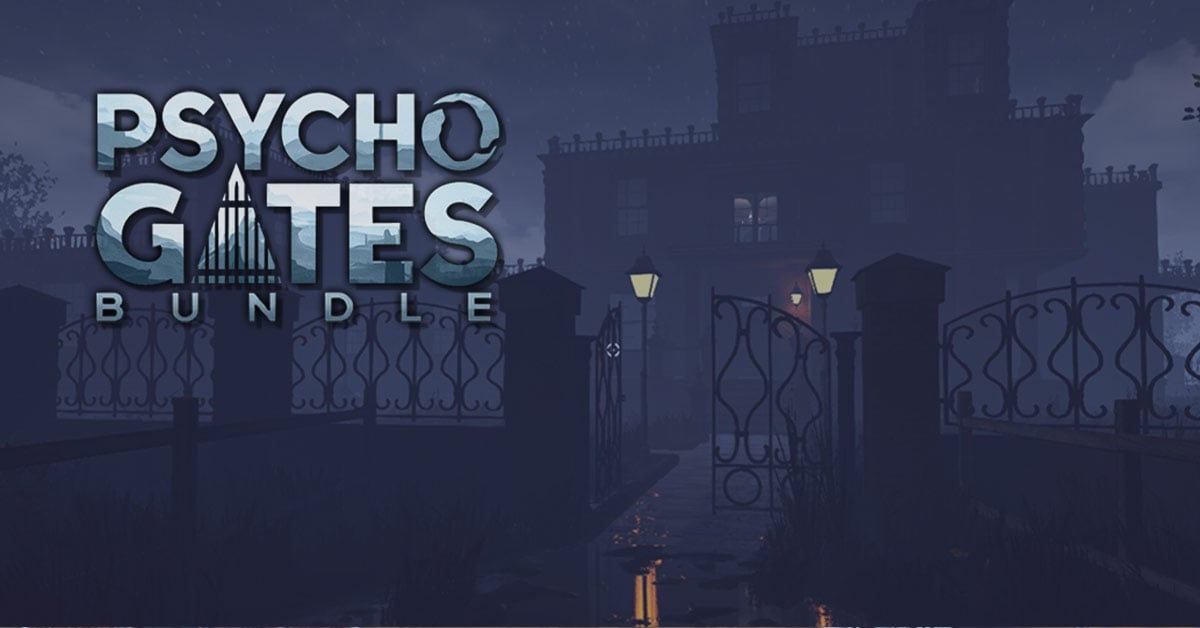You are one of multitude incarnations of the great Horus, and side by side with the pharaohs, you are fighting against the mighty Seth, who unleashes numerous disasters upon the lands of Ancient Egypt. Win wars and overcome crises, discover new technologies, worship your gods and conquer neighboring tribes! Are you wise enough to help the ancient kings to unify Lower and Upper Egypt, build a stable economy and to create the Great Pyramids?
Based on real history
You will find yourself in Memphis, 3500-2140 years B.C., the time of the first six dynasties of pharaohs. You will unify the country and create a prosperous kingdom, which later will have to face the havoc of the First Intermediate Period.Construction of the pyramids
You will lead the construction of pyramids, choose their design and materials. This process requires tremendous investments, but it is the only way to keep peace and order in the country.Ancient society simulator
You will not only deal with the problems of farmers and craftsmen but also make important political decisions, which will define the future of the kingdom. Numerous challenges and events of different scale await you.Ancient maps
Discover the world of the Old Kingdom: exploit new lands, send expeditions to different places, and meet different cultures. Use every opportunity to learn about your surroundings and to expand Egypt's borders.Difference from Predynastic Egypt
- More diversity in the game, varied tasks in the regions, different tactics for playthroughs and unique bonuses from patron gods.
- The game is longer now, after the main campaign there is a free-play survival mode.
- New technologies: 3D engine and skeletal animation.
Developers Diary, Issue #9
A note before we start:
This is the last issue of 2017. Huge thank you from all of us for your support! We hope you enjoy our games and diaries. See you next year! Happy New Year!
***
Today's issue is dedicated to all of you who ever wondered how games are made, but never dared to ask. Of course, it's impossible to cover it all in one issue, but I'll try my best to explain some of these basic things which are so familiar to game makers and high-level gamers.
Let's start with the very basic thing: coding (or programming) is a way to make a machine understand what it should do. In order to do that we need programming languages because we have to translate the instruction from human languages to machine code. As computers became more advanced, it became obvious that people often translate a bunch of similar instructions over and over again. In order to make this process faster, some people created so-called "Middleware" - special software which contains a set basic instructions, different for each purpose. For example, creating a computer game. Using special middleware for creating computer games helps to save time because it already contains a set of basic instructions, and a coder can adjust it to his liking to get the final product. It's fair to say that the most part of modern games was created with the help of middleware. Flash-technologies and game engines are also the examples of middleware.
First few games of Clarus Victoria were made with Flash-technologies. According to Wiki:
Adobe Flash is a multimedia software platform used for the production of animations, rich Internet applications, desktop applications, mobile applications, mobile games and embedded web browser video players. Flash displays text, vector graphics and raster graphics to provide animations, video games, and applications.
That means Flash-technologies is a set of tools which allows people to work with graphics, animation, sound, etc. Stone Age, Bronze Age, and Marble Age were created with the help of Flash technologies.Stone Age was the first game in many senses. Its structure wasn't perfect, wasn't built according to common rules of game making. But during the making of Stone Age, the first priority was to work on the main gameplay, which is workers management. Marble Age was more advanced and implemented a programming paradigm which is called Object-oriented programming (OOP). This paradigm helps to structure the information in a certain way, which helps to make the programming process easier. To create Flash-games, we used Animate CC (Flash Pro) and Flash Develop Animate CC is good for working with graphics, but not very suitable for big games. Flash Develop is a software for programming games.
Here is Animate CC interface with Stone Age characters:
And this is Marble Age at the interface of FlashDevelop:
Along with improving games' structure we also were working on improving gameplay. With each newly released game, we relied on player's reviews and opinions in order to understand good and bad sides of it, so that in the next game we could improve good sides and get rid of bad sides. This is our residential approach to making every game, and when we tell you that your opinion is very important, we mean it.
Since the beginning, we didn't have an actual office and were working remotely. Soon it was obvious that Skype is not sufficient anymore and we had to look for another solution. It came in a form of version control system Git. We tried several Web interfaces for it and eventually decided on Source Tree:
Predynastic Egypt at the beginning also was going to be a Flash-game, but when we started to discuss the possibility of game mods, we realized that Flash is not suitable for this idea. In case if someone is not aware what "game mods" is, I'll explain. "Mod" is short for "modification". Mod is an alteration that changes some aspect of a video game, such as how it looks or behaves. Mods may range from small changes and tweaks to complete overhauls and can extend the replay value and interest of the game.(c) Wikipedia Skyrim, Fallout, GTA, The Sims - these games are all good examples of games with mods.
In order to implement mods, it's necessary to separate the core of the game from its logic. Commonly the core of the game is an unchangeable part of the game, while game logic can be modified. Sometimes game core can also be modified with mods, but it wasn't our case. Anyway, we decided to try and implement mods, and this is when we switched from Flash to our first game engine Unity. We created game core on Unity. Game logic was separately written in LUA language. Here is the process of writing a game logic in Lua/Visual Studio Code environment (syntax switched off):
As mentioned before, a game engine is a middleware which helps to develop games. It's a set of programming tools, which helps to deal with graphics, sound, animation etc. just like Flash, but on a much more advanced level. If I try to explain it on a very basic level, which helped me to understand it when I had no idea what is it whatsoever, I'd explain this way. Imagine you need to build a building. No matter what kind of building it is, there will be some basic elements which make building a building - basement, roof, door, windows, etc. Building a game is kind of the same. You also have to have some basic elements - graphics, animation, maps (if any), sound etc. So the engine provides tools to work with those elements. Developers can use these tools to adjust everything as they wish in order to make a new game. There are many different engines, but each of them serves best for making a certain type of games. Some more suitable for RPG, some for action games and so on. Some bigger developers prefer to make their own engines.
Back to Predynastic Egypt and its mods. As some of you know, Predynastic Egypt eventually was released without mods, and that's why. First of all, its historical plot didn't leave much room for any modifications. And second, it would be really difficult to explain to the players how to make mods. That's why, even though we already had the code written, we had to postpone the idea of mods and write the code anew, this time only using Unity. This kind of situations is not rare in the field of game development. Some ideas look brilliant in our imagination, but when we actually play the game, we may find out that it just doesn't look good, and we have to remake everything from the beginning. Game development is just like any other process - you can't expect that everything will be perfect on the first try.
Despite those struggles, switching to Unity was a good decision, because it's a very convenient tool which allows us making games faster and more interesting.
We released the Predynastic Kingdom and then, basing on the feedback, begun to work on Egypt: Old Kingdom. We proceeded to use Unity based on the old code of Predynastic Egypt. Unity made it easier to switch to 3D. Thanks to players' feedback we knew what to work on in order to make a new game better. The main focus was on making the game more replayable, to add more depth and diversity. We had to reconsider and reinvent many events in order to give more freedom to players. In Predynastic Egypt, we had "Global" events which applied to the whole city or a big area. In Egypt: Old Kingdom most events will be "local', applied to each small area separately, and the player will have to deal with them separately. Not only he will be able to appoint the worker in one particular area, he also will be able to choose the task for him.
The whole code is written in C# (both core and logic). Our programmers use MS Visual Studio:
Egypt: Old Kingdom is still work in progress, so we'll be able to talk more about it later and after release.
How do we program our games.
A note before we start:
This is the last issue of 2017. Huge thank you from all of us for your support! We hope you enjoy our games and diaries. See you next year! Happy New Year!
***
Today's issue is dedicated to all of you who ever wondered how games are made, but never dared to ask. Of course, it's impossible to cover it all in one issue, but I'll try my best to explain some of these basic things which are so familiar to game makers and high-level gamers.
Let's start with the very basic thing: coding (or programming) is a way to make a machine understand what it should do. In order to do that we need programming languages because we have to translate the instruction from human languages to machine code. As computers became more advanced, it became obvious that people often translate a bunch of similar instructions over and over again. In order to make this process faster, some people created so-called "Middleware" - special software which contains a set basic instructions, different for each purpose. For example, creating a computer game. Using special middleware for creating computer games helps to save time because it already contains a set of basic instructions, and a coder can adjust it to his liking to get the final product. It's fair to say that the most part of modern games was created with the help of middleware. Flash-technologies and game engines are also the examples of middleware.
First few games of Clarus Victoria were made with Flash-technologies. According to Wiki:
Adobe Flash is a multimedia software platform used for the production of animations, rich Internet applications, desktop applications, mobile applications, mobile games and embedded web browser video players. Flash displays text, vector graphics and raster graphics to provide animations, video games, and applications.
That means Flash-technologies is a set of tools which allows people to work with graphics, animation, sound, etc. Stone Age, Bronze Age, and Marble Age were created with the help of Flash technologies.Stone Age was the first game in many senses. Its structure wasn't perfect, wasn't built according to common rules of game making. But during the making of Stone Age, the first priority was to work on the main gameplay, which is workers management. Marble Age was more advanced and implemented a programming paradigm which is called Object-oriented programming (OOP). This paradigm helps to structure the information in a certain way, which helps to make the programming process easier. To create Flash-games, we used Animate CC (Flash Pro) and Flash Develop Animate CC is good for working with graphics, but not very suitable for big games. Flash Develop is a software for programming games.
Here is Animate CC interface with Stone Age characters:

And this is Marble Age at the interface of FlashDevelop:

Along with improving games' structure we also were working on improving gameplay. With each newly released game, we relied on player's reviews and opinions in order to understand good and bad sides of it, so that in the next game we could improve good sides and get rid of bad sides. This is our residential approach to making every game, and when we tell you that your opinion is very important, we mean it.
Since the beginning, we didn't have an actual office and were working remotely. Soon it was obvious that Skype is not sufficient anymore and we had to look for another solution. It came in a form of version control system Git. We tried several Web interfaces for it and eventually decided on Source Tree:

Predynastic Egypt at the beginning also was going to be a Flash-game, but when we started to discuss the possibility of game mods, we realized that Flash is not suitable for this idea. In case if someone is not aware what "game mods" is, I'll explain. "Mod" is short for "modification". Mod is an alteration that changes some aspect of a video game, such as how it looks or behaves. Mods may range from small changes and tweaks to complete overhauls and can extend the replay value and interest of the game.(c) Wikipedia Skyrim, Fallout, GTA, The Sims - these games are all good examples of games with mods.
In order to implement mods, it's necessary to separate the core of the game from its logic. Commonly the core of the game is an unchangeable part of the game, while game logic can be modified. Sometimes game core can also be modified with mods, but it wasn't our case. Anyway, we decided to try and implement mods, and this is when we switched from Flash to our first game engine Unity. We created game core on Unity. Game logic was separately written in LUA language. Here is the process of writing a game logic in Lua/Visual Studio Code environment (syntax switched off):

As mentioned before, a game engine is a middleware which helps to develop games. It's a set of programming tools, which helps to deal with graphics, sound, animation etc. just like Flash, but on a much more advanced level. If I try to explain it on a very basic level, which helped me to understand it when I had no idea what is it whatsoever, I'd explain this way. Imagine you need to build a building. No matter what kind of building it is, there will be some basic elements which make building a building - basement, roof, door, windows, etc. Building a game is kind of the same. You also have to have some basic elements - graphics, animation, maps (if any), sound etc. So the engine provides tools to work with those elements. Developers can use these tools to adjust everything as they wish in order to make a new game. There are many different engines, but each of them serves best for making a certain type of games. Some more suitable for RPG, some for action games and so on. Some bigger developers prefer to make their own engines.
Back to Predynastic Egypt and its mods. As some of you know, Predynastic Egypt eventually was released without mods, and that's why. First of all, its historical plot didn't leave much room for any modifications. And second, it would be really difficult to explain to the players how to make mods. That's why, even though we already had the code written, we had to postpone the idea of mods and write the code anew, this time only using Unity. This kind of situations is not rare in the field of game development. Some ideas look brilliant in our imagination, but when we actually play the game, we may find out that it just doesn't look good, and we have to remake everything from the beginning. Game development is just like any other process - you can't expect that everything will be perfect on the first try.
Despite those struggles, switching to Unity was a good decision, because it's a very convenient tool which allows us making games faster and more interesting.

We released the Predynastic Kingdom and then, basing on the feedback, begun to work on Egypt: Old Kingdom. We proceeded to use Unity based on the old code of Predynastic Egypt. Unity made it easier to switch to 3D. Thanks to players' feedback we knew what to work on in order to make a new game better. The main focus was on making the game more replayable, to add more depth and diversity. We had to reconsider and reinvent many events in order to give more freedom to players. In Predynastic Egypt, we had "Global" events which applied to the whole city or a big area. In Egypt: Old Kingdom most events will be "local', applied to each small area separately, and the player will have to deal with them separately. Not only he will be able to appoint the worker in one particular area, he also will be able to choose the task for him.
The whole code is written in C# (both core and logic). Our programmers use MS Visual Studio:

Egypt: Old Kingdom is still work in progress, so we'll be able to talk more about it later and after release.
[ 2017-12-29 13:05:55 CET ] [Original Post]
Minimum Setup
- Processor: Intel Core 2 Duo 1.8 Ghz or AMD Athlon X2 64 2.0 GhzMemory: 4 GB RAM
- Memory: 4 GB RAM
- Graphics: 1024768. 1 GB VRAM
- Storage: 2 GB available space
Recommended Setup
- Processor: Intel i5 or AMD analoguesMemory: 8 GB RAM
- Graphics: 19201080. 2 GB VRAM
- Storage: 2 GB available space
GAMEBILLET
[ 6395 ]
FANATICAL
[ 5907 ]
GAMERSGATE
[ 2907 ]
MacGameStore
[ 2497 ]
INDIEGALA
[ 1732 ]
LOADED
[ 1040 ]
ENEBA
[ 32822 ]
Green Man Gaming Deals
[ 867 ]
AllKeyShop
[ 45559 ]
FANATICAL BUNDLES
GMG BUNDLES
HUMBLE BUNDLES
INDIEGALA BUNDLES
by buying games/dlcs from affiliate links you are supporting tuxDB

